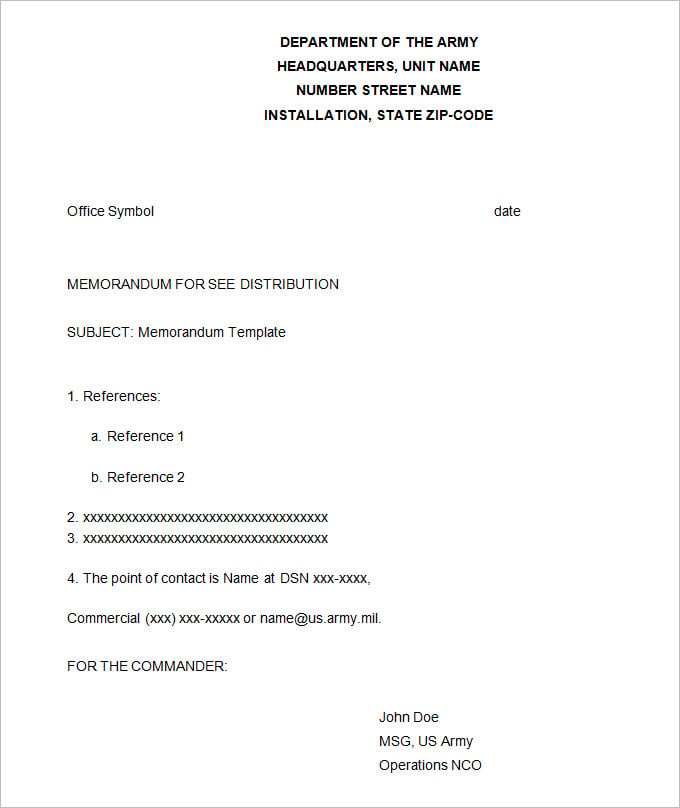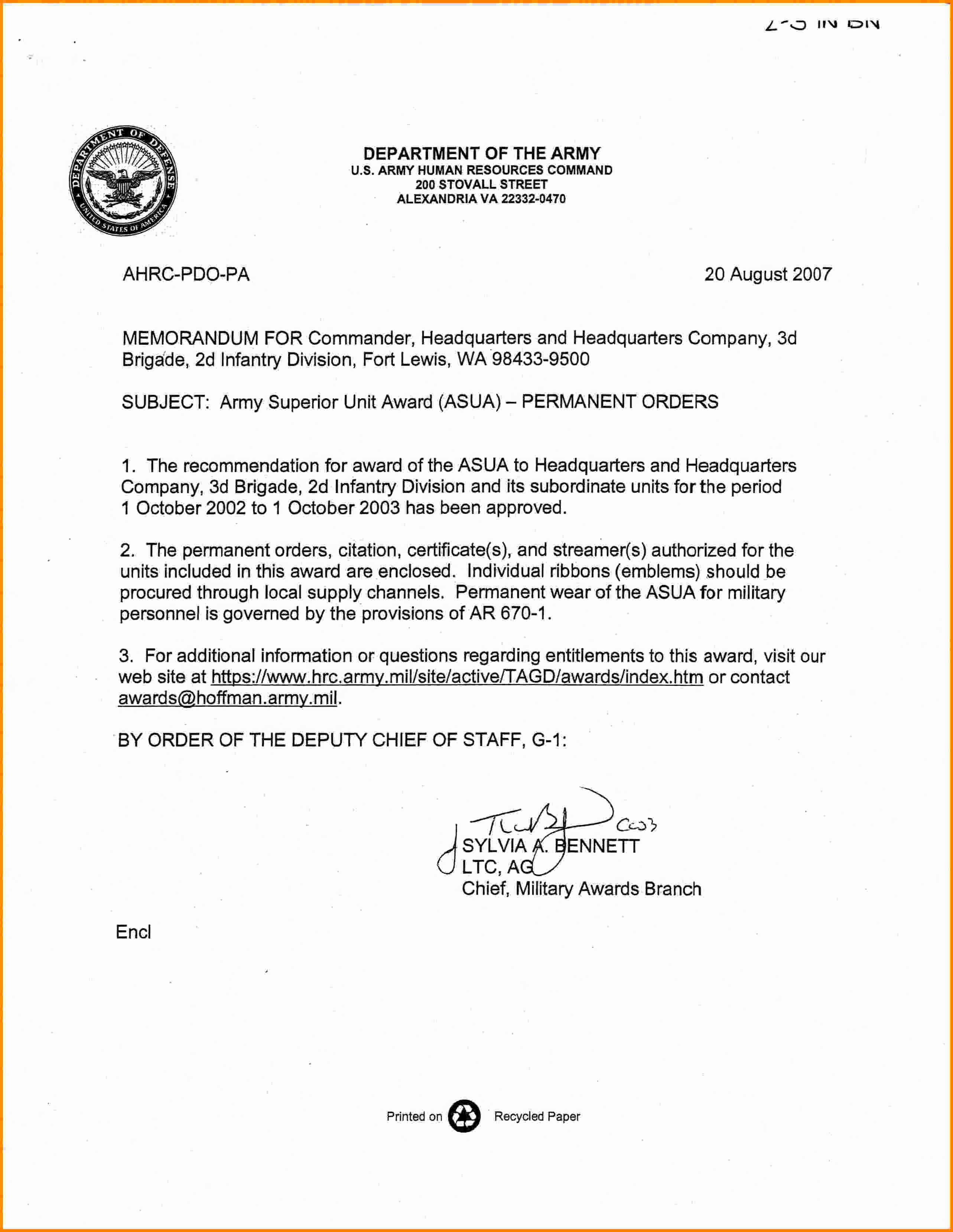

Ensuring no increase in the number of nuclear weapons states meant that, in practice, only Russia would retain nuclear arms. Moreover, as it watched Yugoslavia break apart violently, the Bush administration worried that the Soviet collapse might also turn violent, raising the prospect of conflict among nuclear-armed states.

Bush administration attached highest priority to ensuring this would not lead to an increase in the number of nuclear weapons states. When the USSR broke up in late 1991, there were nuclear weapons scattered in the resulting post-Soviet states. In the 1994 Budapest Memorandum, the United States, Russia, and Britain committed “to respect the independence and sovereignty and the existing borders of Ukraine” and “to refrain from the threat or use of force” against the country. Those assurances played a key role in persuading the Ukrainian government in Kyiv to give up what amounted to the world’s third largest nuclear arsenal, consisting of some 1,900 strategic nuclear warheads. officials told the Ukrainians the United States would care when negotiating the Budapest Memorandum on security assurances, signed 25 years ago this week. The furor over President Donald Trump’s sordid bid to extort the president of Ukraine into investigating his potential 2020 political opponent raises an obvious question: Why should the United States care so much about Ukraine, a country 5,000 miles away? A big part of the reason is that U.S.


 0 kommentar(er)
0 kommentar(er)
